Cannabis is a plant that is packed with dozens of beneficial compounds. THC is one of the most popular and well-known cannabinoids, famous for its psychoactive effects. There’s another cannabinoid that is slowly gaining popularity in the cannabis world – THCa. THCa is the raw, acidic version of THC. It is often misunderstood and sometimes overlooked. In this article, we’ll take an in-depth look at what THCa is, how it differs from THC, and how it can benefit you.
First things first, let’s define THCa. THCa, or tetrahydrocannabinolic acid, is a cannabinoid that is primarily found in raw cannabis plants. When exposed to heat or light, it undergoes a process called decarboxylation that turns it into THC. Raw cannabis plants contain very little THC, but they are packed with THCa. In its pure form, THCa is a white crystalline compound that is not psychoactive.
How does THCa differ from THC?
HOW DOES THCA DIFFER FROM THC?
Let’s start with the basics. THC, or delta-9-tetrahydrocannabinol, is the main psychoactive component in cannabis. This is the compound that gives you the “high” or “stoned” feeling that’s often associated with cannabis. On the other hand, THCa, or tetrahydrocannabinolic acid, is the precursor to THC that’s found in raw cannabis plants. To put it simply, THCa is the inactive form of THC that hasn’t been heated or decarboxylated yet.
So what happens when you decarboxylate THCa? Decarboxylation is a process that involves heating the cannabis plant to activate the THCa and convert it into THC. This usually happens when you smoke, vape, or bake cannabis, or when processed to make powdered Delta 9 drink mixes. When you consume THC, it binds to the CB1 receptors in your brain, which can produce a variety of effects such as increased euphoria, relaxation, pain relief, and hunger.
While THC is known for its psychoactive effects, THCa doesn’t produce the same high as THC. In fact, THCa is non-psychoactive, which means that it won’t get you high. However, THCa does have its own potential health benefits. Studies have shown that THCa has anti-inflammatory, antiemetic, neuroprotective, and antiproliferative properties.
So, how can you consume THCa? Since THCa is the inactive form of THC, it’s typically consumed in its raw state, such as in fresh cannabis juice, smoothies, or salads. However, if you’re looking to get the benefits of both THCa and THC, you can opt for full-spectrum cannabis products that contain both compounds.
One example of a full-spectrum cannabis product is live resin, which is a type of concentrate that’s extracted from fresh, flash-frozen cannabis plants. Live resin contains both THCa and THC, as well as other cannabinoids and terpenes that work together to create a more well-rounded and balanced experience than THC alone.
What are the benefits of THCa?
THCa has a multitude of potential therapeutic benefits that people are only just starting to discover. It has been shown to have anti-inflammatory, neuroprotective, and anti-emetic properties. It has also been studied for its potential to treat conditions such as arthritis, chronic pain, epilepsy, and Parkinson’s disease. THCa is also an excellent option for those who want to reap the benefits of cannabis without the psychoactive effects of THC.
1. THCa is Not Psychoactive:
THCa has a similar molecular structure to THC but without the psychoactive effects. In other words, THCa won’t get you high. This cannabinoid is commonly consumed in raw cannabis and aims to improve your overall well-being. Consuming raw cannabis in the form of smoothies or salads offers a potent dose of THCa, which can enhance your nutritional intake.
2. THCa for Inflammation and Pain Reduction:
Studies have shown that THCa has strong anti-inflammatory properties, which make it helpful in reducing chronic pain. THCa works by blocking enzymes that contribute to inflammation and pain sensations. Thus it is helpful for people who deal with persistent pain like migraines, arthritis, among others.
3. THCa Helps Manage Anxiety and Depression:
Several patients with anxiety have claimed that THCa helps manage their symptoms. This cannabinoid is often consumed along with CBD for its calming effects, which improve mood and promote relaxation. Few studies support the behavior, but people still prefer THCa as it is a natural way of healing anxiety and depression.
4. THCa for Neural health support:
THCa has neuroprotective properties and could guard your brain cells’ health. It may help slow down neurodegeneration conditions such as Alzheimer’s, Parkinson’s and Huntington’s disease. THCa helps limit the release of toxins that contribute to the symptoms of these neurodegenerative conditions. Thus it is consumed to promote overall neural health.
5. THCa for Appetite Stimulation:
THCa has a strong appetite-stimulating effect that could benefit people with anorexia, nausea, or vomiting. Anecdotal evidence suggests that consuming THCa helps people with eating disorders and chemotherapy-induced nausea manage their symptoms. Eating raw cannabis to gain THCa benefits is common among people who require appetite stimulation.
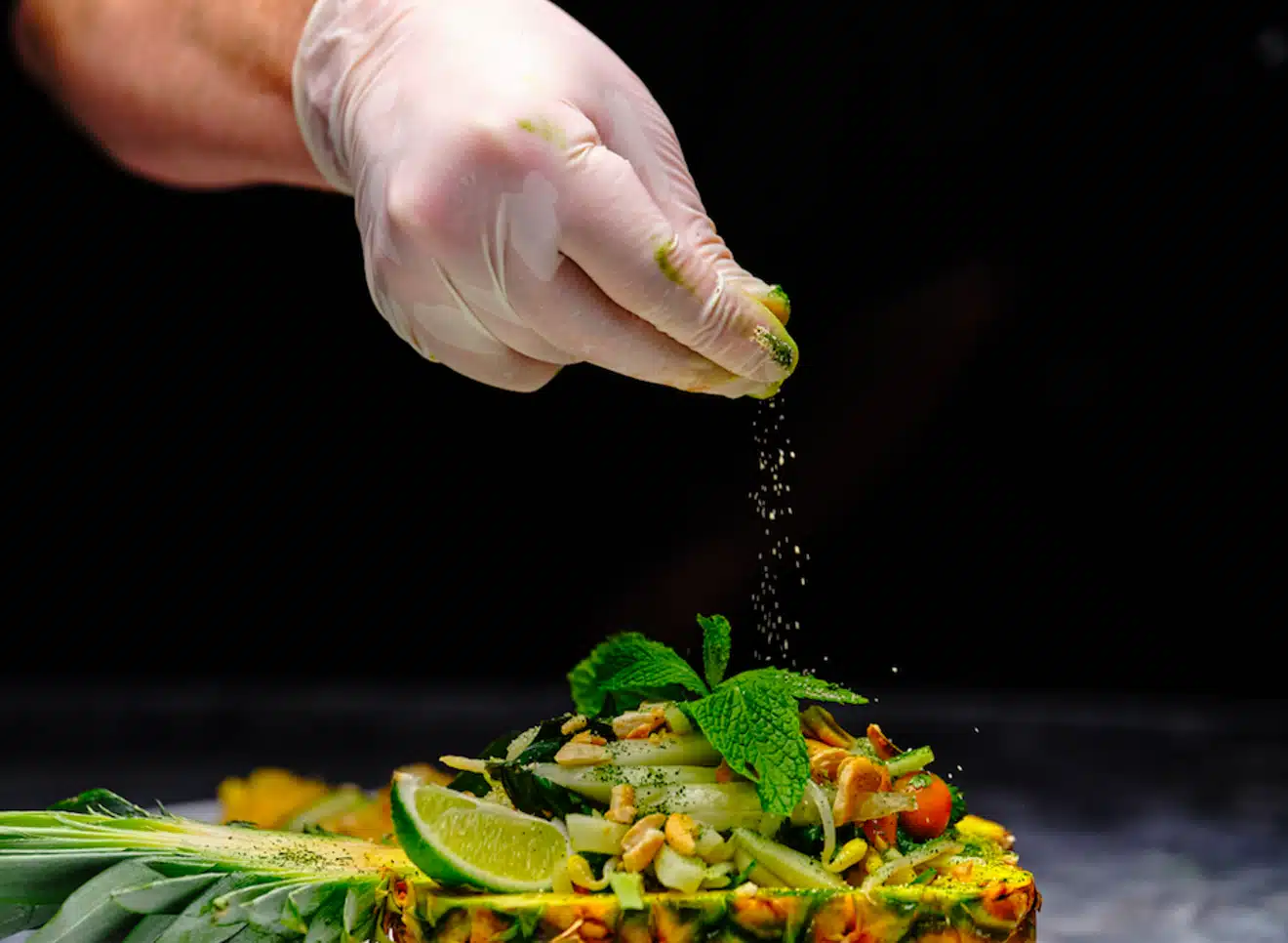
How to consume THCa
One of the most common ways to consume THCa is by juicing raw cannabis plants. You can also find THCa products in the form of tinctures, capsules, and topicals. When consuming THCa, it’s important to keep in mind that it is highly unstable and can easily convert to THC when exposed to heat or light. Always store THCa products in a cool, dark place and consume them within their expiration dates, unless you want an unexpected high.
There are a few different ways to consume THCa, each with its own advantages and disadvantages. The most common methods include smoking or vaping, using a vaporizer or dab rig, or consuming raw cannabis by eating it (such as in a smoothie or salad). If you choose to smoke or vape THCa, know that it will convert into THC before it enters your body, so you are actually going to be consuming it as straight THC. If you want to avoid the psychoactive effects while reaping the benefits of THCa, then choose to eat it instead.
What to expect from consuming THCa
Because THCa is non-intoxicating in its raw form, you won’t feel the typical “high” associated with cannabis use. However, THCa is believed to have a range of potential health benefits, such as reducing inflammation and promoting digestive health. Some users report feeling an overall sense of relaxation or calmness after consuming THCa, but again, this is not the same as feeling “stoned” or intoxicated.
It’s important to note that the effects of THCa can vary depending on the quality of the product and the individual user’s tolerance and metabolism. Always start with a small dosage and gradually increase as needed.
Possible side effects
While THCa is generally considered safe, there are some potential side effects to be aware of. These can include dry mouth, red eyes, dizziness, and increased appetite (the famous “munchies”). Again, start with a small dosage and consume responsibly.
Is THCa legal?
THCa is not a scheduled substance under the Controlled Substances Act (CSA). The CSA lists marijuana and its psychoactive component THC as Schedule 1 drugs, which means they have a high potential for abuse and no accepted medical use. However, THCa is different from THC in that it only becomes psychoactive when it is heated or decarboxylated. Raw or live cannabis plants contain THCa and not Delta-9-THC, making it a non-psychoactive component. Thus, THCa doesn’t fall under the Schedule 1 category and is not considered illegal under federal law. Moreover, the 2018 Farm Bill states that hemp derived products with less than 0.3% Delta-9-THC are considered legal. THCa, along with Delta-8-THC and many other newly discovered cannabinoids, can be extracted from hemp flower, which is why legal THCa products are now popping up for sale online.
On a state-by-state basis, THCa products are sometimes still illegal under state law. For instance, in California, THCa extracts intended for inhalation or consumption fall under the category of “cannabis concentrates” and are subject to state regulations. The state defines “cannabis concentrates” as products that use solvents like butane or CO2 to extract cannabinoids from cannabis plants. This includes THCa that is extracted using solvents. Thus, THCa products in California are subject to potency limits, testing requirements, and labelling laws, among other rules.
In other states, THCa products may be legal but require a prescription. In New York, for instance, medical marijuana patients can access THCa capsules as part of their treatment plan. The state’s medical marijuana program lists THCa as a qualifying component, alongside CBD and THC. However, patients must have a prescription from a licensed medical marijuana practitioner to access THCa products legally.
Bloggers and cannabis experts have debated whether THCa should be legalised entirely without any restrictions. While THCa has no psychoactive effects, some people argue that it could be used as an alternative therapy for the many ailments that we’ve mentioned previously.. If THCa were legalised completely, it could open up doors for more research into its therapeutic benefits and expand treatment options for many people.
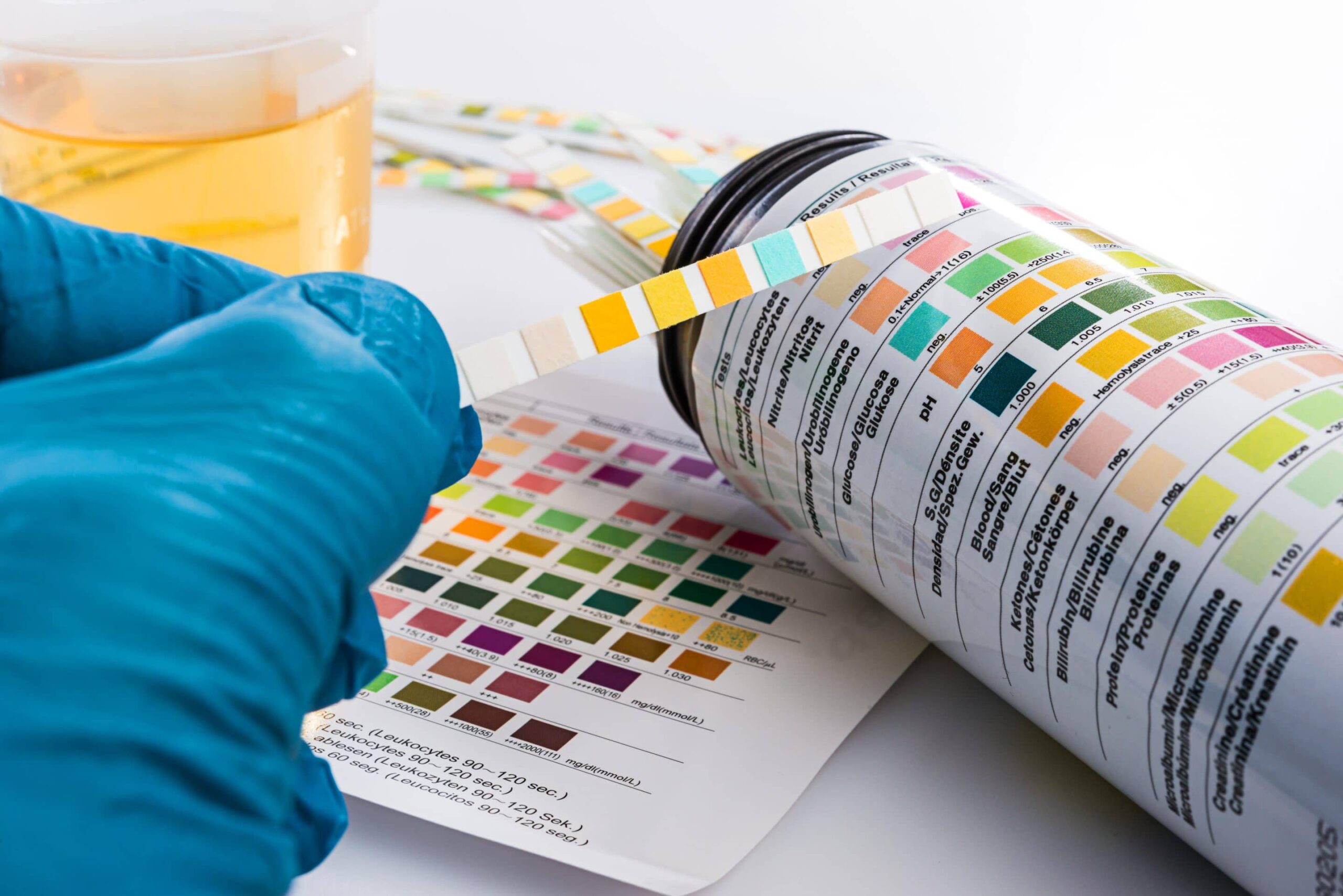
Will THCa show up on a drug trest?
Let’s clear up some confusion about drug testing and cannabis. Most drug tests are designed to detect Delta-9-THC because it is the most commonly known compound in the cannabis plant that gets you high. However, some drug tests may also detect other cannabinoids, including THCA. So, the answer to the question of whether THCA will show up on a drug test is, unfortunately, it depends.
If you are taking a drug test for a job or medical evaluation, it’s important to be aware of the types of drug tests that are commonly used. For example, urine tests are the most common type of drug test, and they can be sensitive enough to detect THCA. The body can metabolize THCa into THC-COOH when you consume it. Since common drug tests detect cannabis use by THC-COOH being present, and are unable to distinguish between THCa and THC (as well as other THC isomers), then THCa would flag a positive result. In some cases the THC-COOH levels are low enough after metabolization of THCa, that the drug test will not show up positive. Vaping or smoking THCa will certainly cause a failed drug test because, as we previously stated, THCa decarboxylates into THC when heated. Ultimately, if you are vaping or smoking THCa, you are consuming THC.
Given the unknown variables at play, if you are worried about THCa showing up on a drug test, you may be wondering how to avoid it. The simplest answer is to stop consuming cannabis altogether in a timely manner to avoid a failed drug test. Please do your research on time and factors at play to eliminate THC from urine and/or blood.
One final thing to keep in mind is that drug testing laws and regulations can vary from state to state and region to region, so it’s important to do your research and know your rights as a cannabis consumer. Some states have more lenient drug testing policies than others, and some employers may be more accepting of cannabis use than others. By staying informed and advocating for your rights as a cannabis consumer, you can help create a more supportive and inclusive environment for everyone who uses cannabis for medicinal or recreational purposes.
Conclusion
In conclusion, THCa is an underrated component of cannabis that offers a wide range of potential health benefits. Its non-psychoactive properties make it an attractive option for those who want to enjoy the benefits of cannabis without getting high. THCa is still a relatively new discovery, and research is ongoing. As the cannabis industry continues to evolve, we can expect to see more products that incorporate THCa and other beneficial cannabinoids.
While it is not illegal under federal law yet, it’s something to look into when traveling across state borders. And finally, we have discussed whether or not this compound will show up on a drug test and learned that this depends on many factors such as your method of consumption, your metabolism, and how long ago you consumed it. The explanation for all this can seem intimidating if you don’t have prior knowledge about it; fortunately there are many resources available online that can go into more detail.
We hope this blog post provides some momentum to explore the intricacies of THCA even further! Now here’s our question: Have you experienced THCA? Let us know in the comments below!


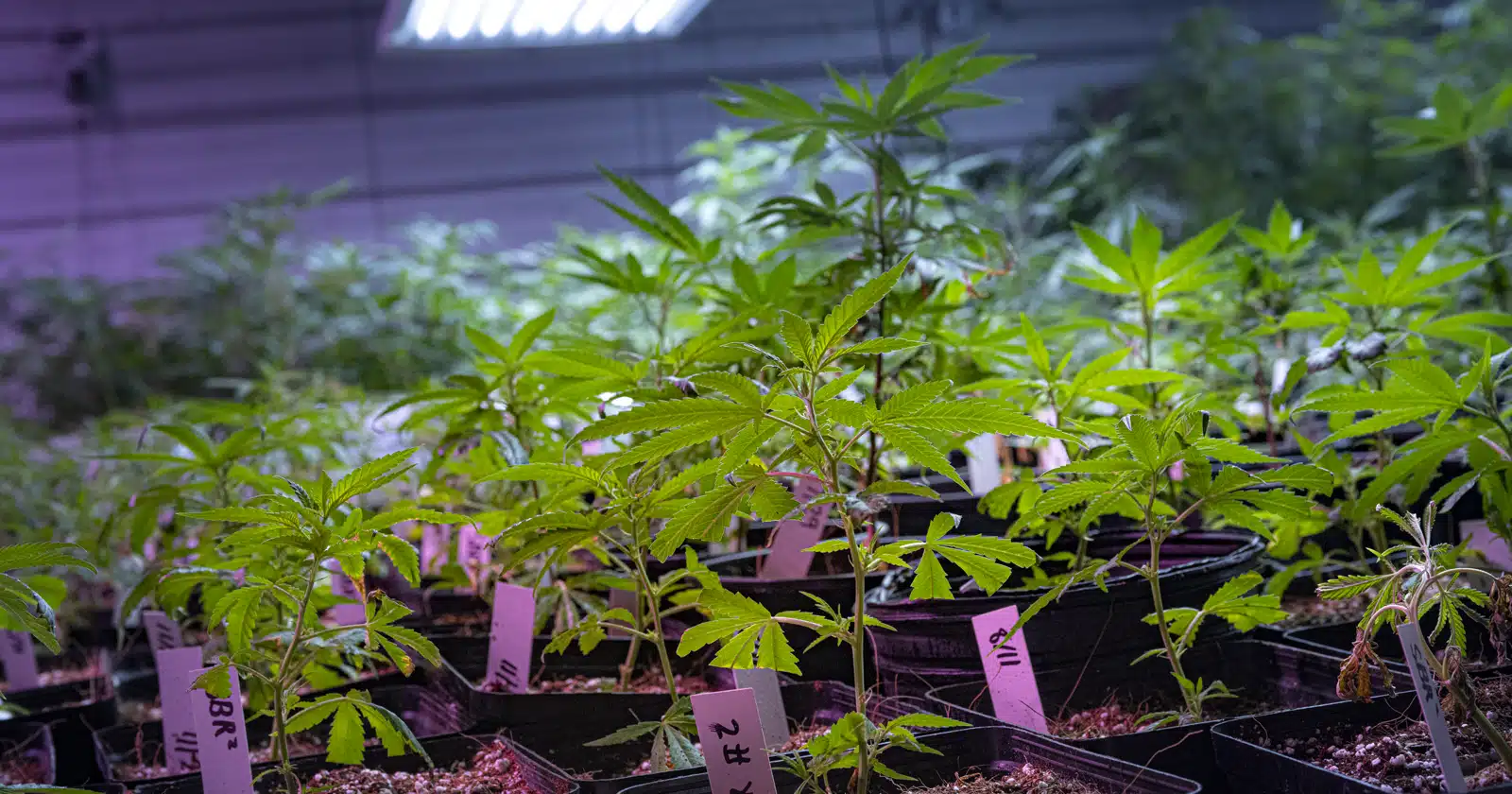
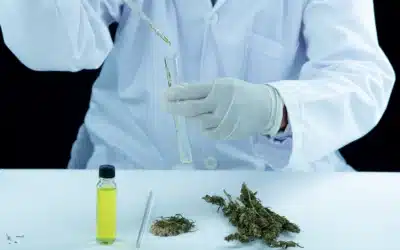

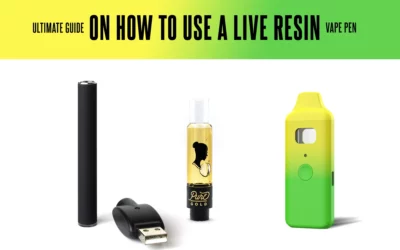
0 Comments